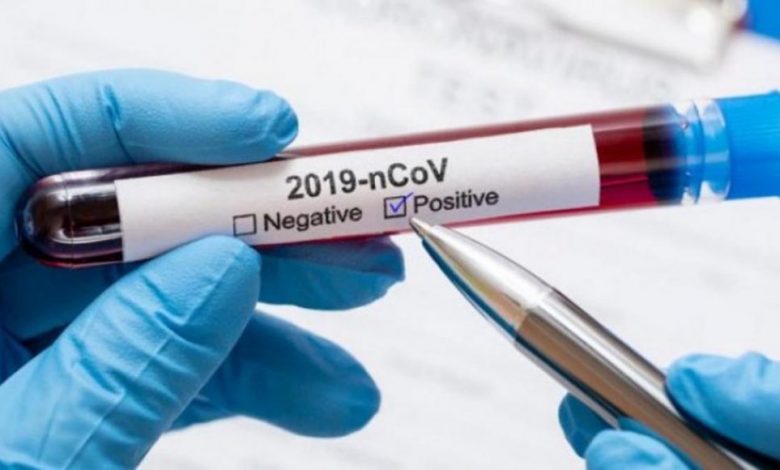
DEVELOP ME: TAPIWA GOMO
SEVERAL leaders regret having to lead in a season when the world is grappling with the worst pandemic in a century.
Most politicians seek office promising to do one thing when their intention is to do something else. In the absence of real challenges, the majority of current leaders do neither what they said nor what they intended and spend their terms looking for opportunities to line their pockets.
The COVID-19 pandemic is a game-changer. It demands real leadership, responsibility and statesmanship and not just mere opportunistic politicians. This entails high level of integrity and ability to stand up for what is right, even when it is against the grain.
It is small things like reprimanding your friends for breaking national lockdown laws by holding super spreader gatherings risking their own lives and those of others that matter. Human life, including leadership’s families and friends is now at risk than ever before. Any slackening or dropping of guard spells trouble, doom and death.
On January 26, British Prime Minister Boris Johnson apologised to his people after his country passed the 100 000 coronavirus deaths mark. He is aware that his primary constitutional responsibility is to protect citizens from harm.
He regretted, “the years of life lost, the family gatherings not attended and for so many relatives the missed chance to even say goodbye,” and apologised for every life lost. That is leadership, may be a characteristic not inherent in ours.
Despite the United States having recorded more than 26 million cases and 437 000 deaths, former President Donald Trump did not see it necessary to do what Mr Johnson did. He instead shifted blame to those he disagreed with.
- Chamisa under fire over US$120K donation
- Mavhunga puts DeMbare into Chibuku quarterfinals
- Pension funds bet on Cabora Bassa oilfields
- Councils defy govt fire tender directive
Keep Reading
He blamed China for the virus and how that has tainted his legacy. He was not ready to take responsibility. There are so many Trumps among us. Some of them have lost those closest to them and they are yet to admit that as failure.
This brings us to the most pertinent question; what is leadership? Peter Drucker, an Austrian management expert, defines leadership as the ability of an elected individual to lead, inspire and guide to transform the nation for a good cause.
A good political leader is a public servant who works for the betterment of society and protect it from harm. While management is doing things the right way, leadership takes it further to ensure the right things are done.
The COVID-19 carnage thus far is an indicator of whether leadership is capable of prioritising time and national resources to protect its people. The dark events of the past weeks have been tormenting and revealing. The lingering and yet torturous question in many people’s minds is if those in leadership or close to it are not safe from the virus, given the resources around them, what then is the fate of ordinary citizens who live in a State where all essential services are neglected?
Perhaps, this is why our people now live on hope and prayer.
But then when leadership fails, people tend to turn to the alternative leadership in opposition for better ideas. We have listened to various of them calling for unity in the fight against the pandemic — the usual run of the mill type. On January 29, the nation listened to MDC Alliance leader Nelson Chamisa thanking everyone for everything even when the situation is worsening. He called for “extraordinary action before the situation is out of control.” Well, if a country loses those numbers of senior government officials in a short space of time, Chamisa, it means the situation is already out of control. Doesn’t it?
“The objective underlying this proposed plan is to offer an alternative policy framework to the manner in which the government has approached the COVID-19 response thus far,” continued Chamisa, raising the interest of a nation whose COVID-19 response was all over the place.
His analysis on lockdowns was spot on as he rightly noted that shorter and tighter lockdowns are more effective than protracted ones. High unemployment rates in Zimbabwe makes long lockdowns are unsustainable.
Our people live on hand-to-mouth informal jobs and trading. That makes them more susceptible to dying of hunger-related causes than the virus and thus they would rather break lockdown rules, risk the virus than face hunger.
When we thought here was future leadership speaking sense compared to what we experienced on January 23 in the midst of mourning, then came the colossal clanger of the day. “We must allow churches to open for controlled number of people provided there is social distancing, masking and other COVID-19 protocols.”
I guess he thought he was being politically or rather religiously correct by vouching for churches, but does it not defy logic that he thinks lockdowns — that are starving people of income and livelihoods — are okay, but non-productive churches and potential spreaders should be allowed to open. Such is the dearth of leadership that besets our country folks.
Perhaps, Thomas Jefferson was right in stating that the government you elect is the government you deserve. And indeed, the leaders we have are the ones we deserve. Based on the utterances during this pandemic, it is clear that there is a huge leadership void both in power and in opposition.
And again, perhaps, Mark Andrew Skousen, the American economist, was right in suggesting that we can never change the type of political leaders we choose, until the people who choose them change their attitude and the way they identify leaders. Not everyone against the status quo or sounds right is good leadership. We can do better by conferring power and leadership according to merit.











